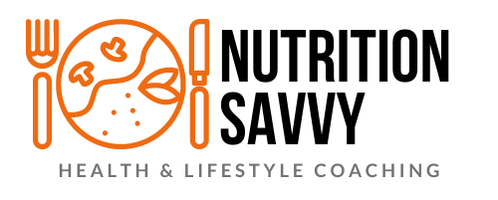|
Author
Hello! I'm Jori Zimmerman, a nutritionist and owner of Nutrition Savvy. I work with individuals that are looking to make dietary and lifestyle changes that will lead them to living a healthier and higher quality of life. Archives
February 2021
Categories
All
|
|
|
Jori Zimmerman, Nutritionist and Owner
[email protected] 303-585-1025 Tucson, AZ 85715 Disclaimer |



 RSS Feed
RSS Feed

